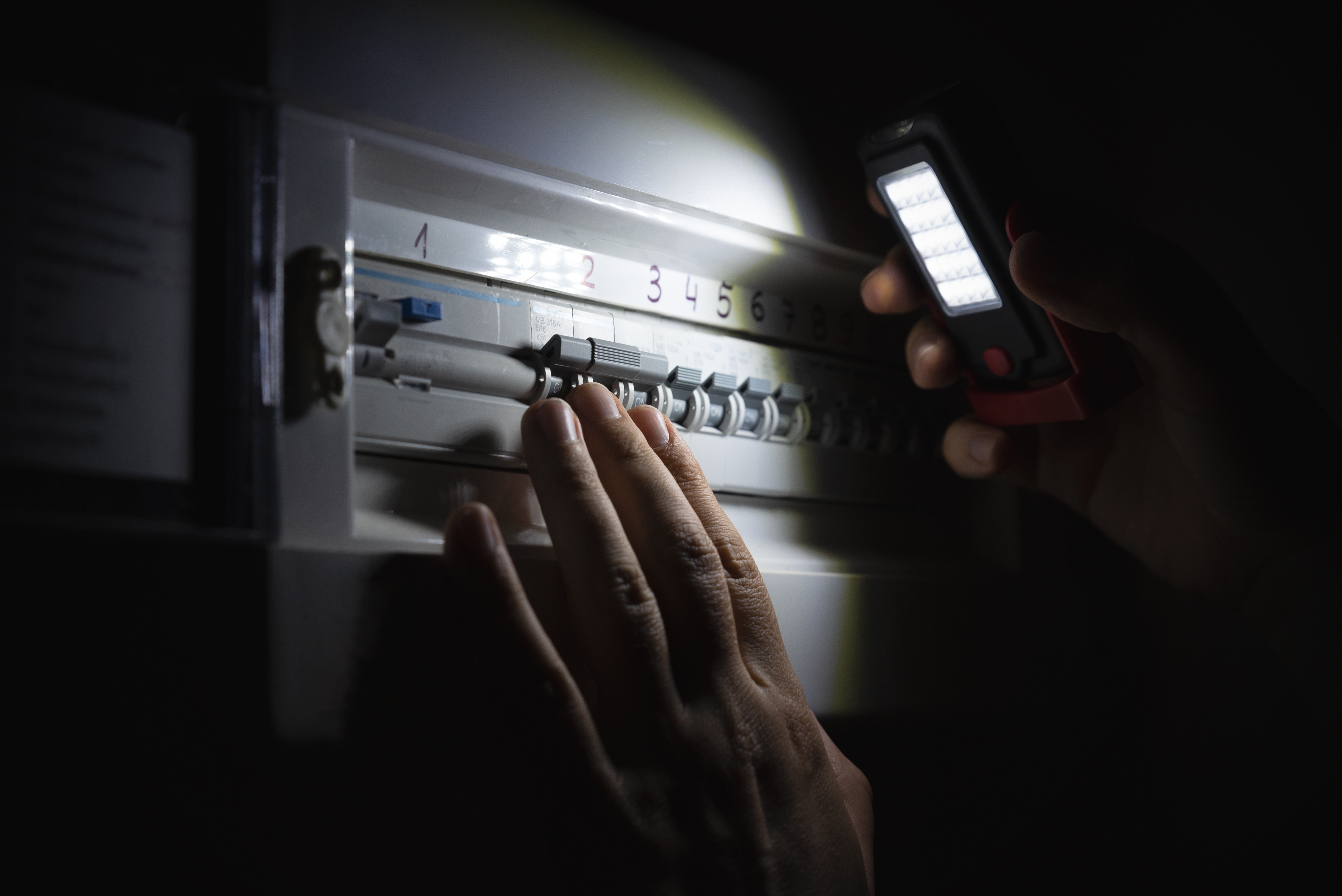Energy Crisis Alert: Will Israel Go Dark in Two Years?
Israel is facing a potential energy crisis by 2027, with rising electricity demand threatening shortages due to rapid growth and limited infrastructure. The government is considering legislative changes to upgrade aging power plants to meet needs while balancing green energy goals.

Israel is bracing for potential power outages by 2027 due to a projected shortfall in electricity supply, as warned by the Israel Electric Corporation (IEC). Rapid population growth, economic expansion, and the global shift to electric vehicles are driving unprecedented demand, compounded by the energy-intensive rise of AI data centers. The nation’s transition to green energy, while critical, is clashing with the need to maintain reliable power, particularly in the post-October 7, 2023, security landscape, where coal-based backup is vital during crises when natural gas or diesel may be unavailable.
Energy experts predict that existing power stations will hit maximum capacity by 2027, risking disruptions in central Israel, especially around Gush Dan. “The year 2027 poses a growing risk to Israel’s ability to supply electricity,” IEC officials stated, projecting the need for planned outages to balance demand. While the government has approved 13 new power plants, their completion could take a decade. However, upgrading IEC’s aging facilities could bridge the gap within a few years, a solution requiring legislative changes to the 2018 energy reform mandating a phase-out of coal plants.
Energy Minister Eli Cohen is re-evaluating the reform, noting, “What was right in 2018 may not hold today given current circumstances.” The IEC proposes refurbishing coal plants to boost efficiency and emergency capacity, potentially lowering production costs without raising consumer prices. “By enhancing our stations, we can increase output and ensure reliability, especially in extreme scenarios,” an IEC spokesperson said. Unlike private plants, IEC facilities can operate on coal during crises, a critical advantage.
The Public Utility Authority, however, insists on adhering to the law unless amended, suggesting a temporary extension of coal plant operations until 2028. Critics argue this delays the green transition, but IEC’s limited 30% share of national production ensures it won’t regain monopoly status. With 2024 demand already up 5.2% due to tech growth and electrification, urgent action is needed to avert a crisis and secure Israel’s energy future.